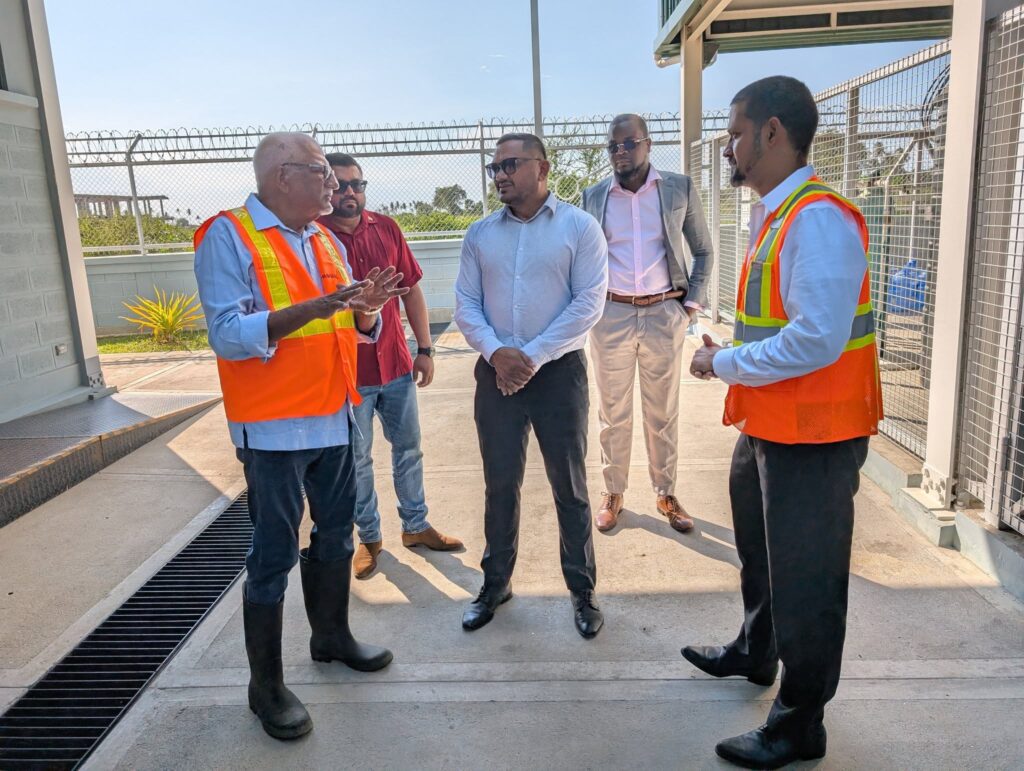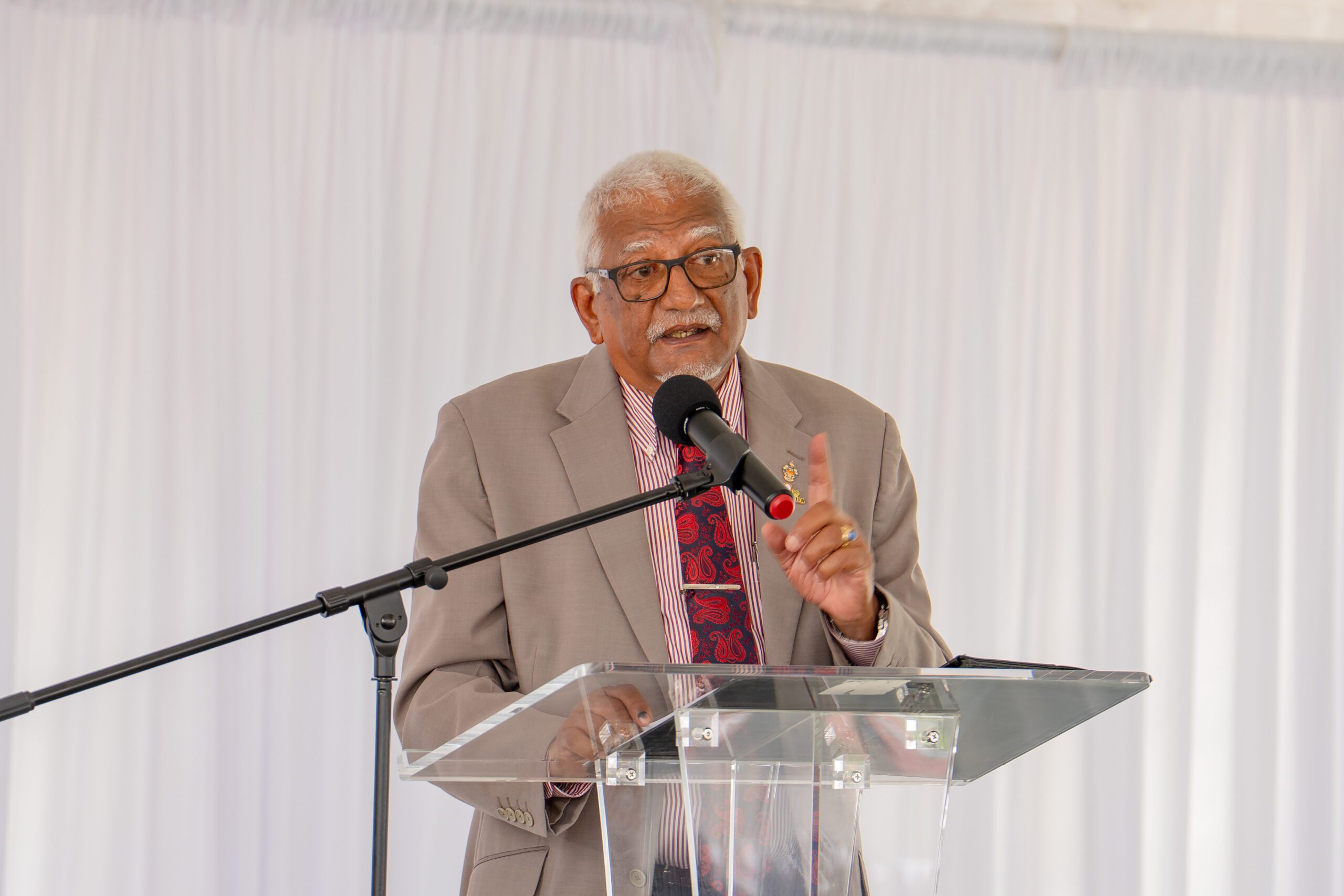Few academics in the Caribbean have shaped as many institutions as Professor Clement Sankat. The chartered mechanical engineer and veteran educator has spent more than four decades using education to fuel national development, from expanding universities in Trinidad and Belize to now leading Guyana’s flagship oil and gas training institution.
During a recent appearance on Starting Point: The Oil and Gas Edition, Professor Sankat reflected on his journey and the mission that brought him home. “I am extremely grateful to have this opportunity in my life to give something back to the country of my birth,” he said. “Many of my peers never got the kind of opportunity that I now have to make a contribution.”
Born in Number 64 Village, Berbice, Sankat earned a national scholarship to Queen’s College and later graduated as the best mechanical engineering student from the University of the West Indies (UWI), St. Augustine. He went on to serve UWI for nearly 38 years, rising to the position of Pro Vice-Chancellor and Campus Principal. “I have worked essentially in this region, the Caribbean region,” he said. “I never stayed away from Guyana, but I was never formally engaged as a professional here despite trying on a couple of occasions to return home.”
As Dean of Engineering, he helped develop new programs in mechanical, electrical, petroleum, and chemical engineering, and spearheaded the creation of the UWI South Campus. “I’ve built many things from scratch,” he said. “Building new institutions is not only about constructing and equipping facilities. Equally important is to build the academic side, what you’re going to teach, how you’re going to train, and who will do the training.”

After nearly four decades at UWI, Sankat took on a new challenge as President of the University of Belize, where he served during the COVID-19 pandemic. He described Belize as “very similar to Guyana in many ways, wonderful people, a beautiful country,” but added that COVID-19 made travel and operations difficult.
In 2021, his phone rang again, this time from home. “The President and Vice President asked me to develop a paper on the Guyana Technical Training College,” he recalled on the podcast. “Most people thought I’d go to the University of Guyana, but I told them what Guyana needs badly is technical training for the oil and gas industry.”
That proposal became the foundation for the Guyana Technical Training College Inc. (GTTCI) at Port Mourant, Berbice, which Sankat now directs. The institution, funded through a partnership between the Government of Guyana and ExxonMobil, and supported majorly by SBM Offshore Guyana, trains technicians in mechanical, electrical, instrumentation, and process production disciplines through an 18-month, globally accredited programme.
“I came back and was given a task that I myself wanted to do,” he said. “I’m pursuing this with a lot of passion because it’s going to be a major game changer for technician training for oil and gas.”
Sankat believes Guyana is following the right path by investing heavily in technical education. “Trinidad and Tobago has developed a tremendous training infrastructure,” he said on Starting Point. “The first prime minister, Eric Williams, was very passionate about education. He insisted that the second campus of the University of the West Indies be built in Trinidad, and the first program was going to be one in engineering.”
He added, “We built petroleum engineering, petroleum geology, and petroleum geophysics. The graduates of the Faculty of Engineering are leading the industry. They run them.”
“That is the same story I want to see replicated by Guyana,” he said. “Together, we can build the disciplines and the professionals.”
Sankat’s plans for GTTCI extend beyond oil and gas. He has urged the introduction of petrochemical, refinery, and construction technician programs, supported by chemical engineering technology and dedicated simulators. “You have to train technicians for refineries, ammonia and urea plants, and food-processing operations,” he said. “The training must start now.”
He is also pushing for a Building and Construction Technician program to ensure quality and sustainability in Guyana’s infrastructure boom. “We should build a program to produce technicians not civil engineers, but technicians who can ensure that our buildings, roads, and bridges meet quality standards,” he said.
From Trinidad to Belize to Guyana, Sankat’s career has been defined by one principle: building capacity through education. “Guyana is on course,” he said. “What we’re building here will not only serve our country but prepare our young people to succeed anywhere in the world.”



